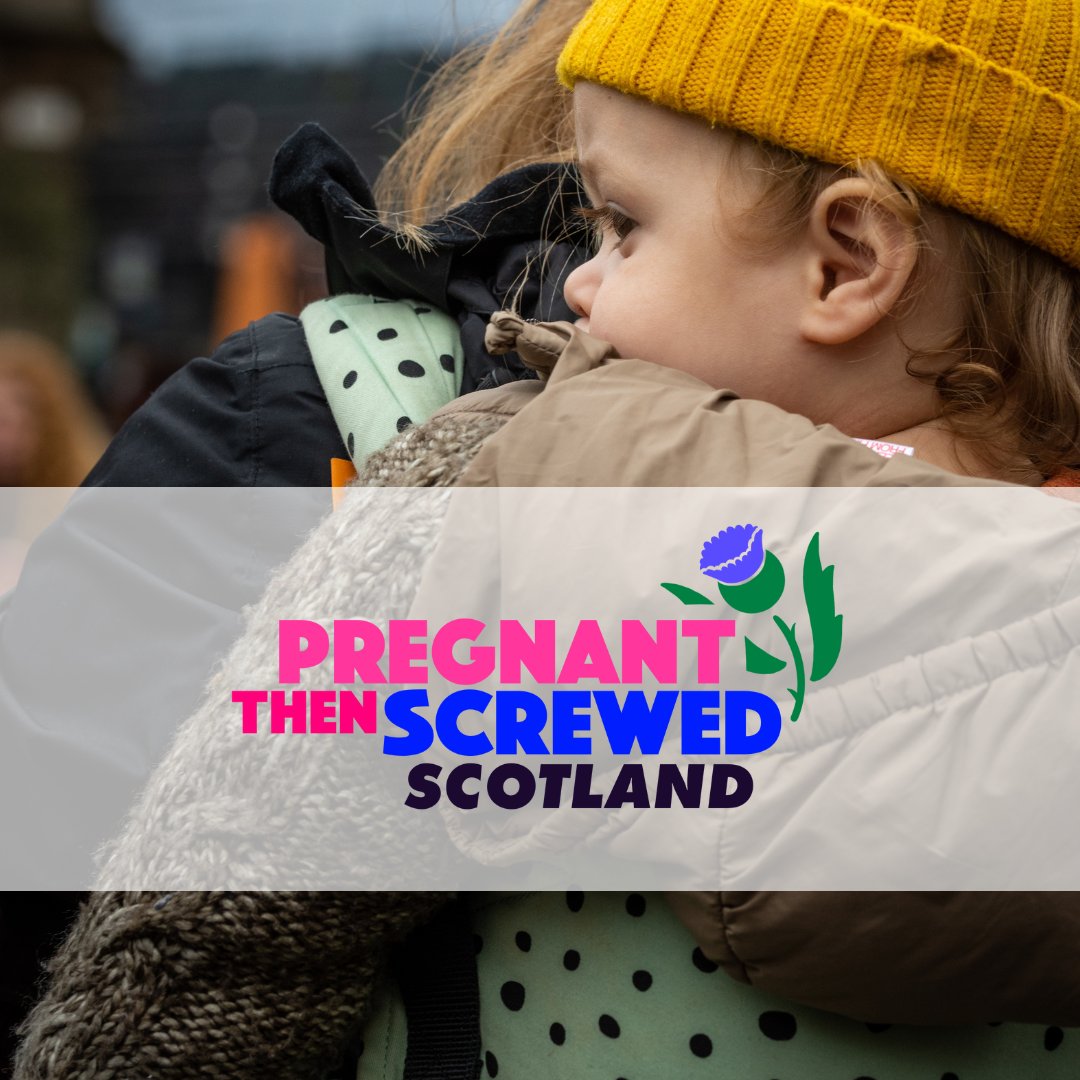We are witnessing a generational roll back in maternal employment and this is a crisis that cannot be solved with a vaccine
I recently watched a Westminster Hall debate on the future of nurseries and childcare; partly because I’m a loser who loves watching Parliament TV, but mostly because our childcare sector is on the brink of collapse and I’ve spent months pleading with MPs to save it. During the debate, an MP described the pandemic as creating a ‘bloodbath’ of female employment. A little dramatic. MPs really do love their war references. Boris Johnson recently likened the development of a vaccine to the “morale-boosting bugle-blasting excitement of Wellington’s Prussian allies coming through the woods on the afternoon of Waterloo”. Which really does go to show that an expensive education offers its recipients the inordinate ability to spout a load of flamboyant hot guff. Anyway, I digress. The MP which described the pandemic as a ‘bloodbath’ of female employment was right in some respects, but she needed to be more specific. It’s not a bloodbath for all female employment, it’s a bloodbath for mothers.
During the various lockdowns we have had to endure during this pandemic, mothers have had a very specific and time-consuming challenge in the form of children who are suddenly at home, demanding to be: fed, entertained, disciplined, educated and occasionally bathed. This adds about 6 – 7 hours of new work, and it is mother’s who are hoovering up most of it, both literally and metaphorically. Research in May from the Institute of Fiscal Studies showed that for every 1 hour of uninterrupted paid work done by mothers, fathers were doing 3 hours of uninterrupted work. In fact, the only time the unpaid work was shared equally between a mother and a father was when the mother was still doing her paid job and the father had been furloughed. Yes, you read that correctly.
Inevitably, this unequal share of the domestic load plays havoc with a mother’s performance at work, her standards slip, she stops achieving her targets, she uses up all her holiday and sick leave and when she does a zoom meeting with clients, her 4 year old charmingly shouts ‘’Mummy, can you wipe my bottom, I’ve just done a big poo’’ leading to beetroot red apologies and hysterical children with very sore bottoms.
In Autumn 2020 it was predicted that between a third and 40% of employers would, or have, made redundancies, and the criteria many businesses are using to decide who will be the first to go was based on how well they had performed recently and how good their attendance had been; the two areas in which mothers had been performing exceptionally poorly over the last 9 months through no fault of their own. And this isn’t conjecture, we have already seen that this is playing out in the official redundancy statistics. The Office of National Statistics data has shown that more men have been made redundant than women in the last financial quarter, and that is true in every age group apart from age 25 – 34 when almost double the number of women were made redundant. Not surprisingly, this is the most common age group for women to be pregnant or have young children, the average age for a woman to become a mother is 28 years old.
Our own research with 20,000 mothers in August found that 15% of mothers say they expect to be made redundant and just under half (47%) said the reason they will be made redundant is because of childcare issues. That’s a whole lot of mums out of work, and half of them are very clearly saying that this is discrimination. A poll we conducted on Friday with 2,230 mothers of primary school age children found that 21% have either been pushed out of their job or quit since Christmas. An extraordinary figure. We expect this to be a little inflated due to the way the poll was conducted but none of us had expected it to be quite that high.
What we are witnessing is a generational roll back in maternal employment. It has taken the UK two decades to increase maternal employment by 9%. 20 years. And now we are looking at a roll back that could be almost double this. Once mothers are out of the workforce it is very difficult for them to get back in, especially if they have young children. We have specific needs like flexible working so that we can manage all of that unpaid labour that we get lumbered with, but only 15% of jobs are advertised as flexible. We often need to work close to home incase our kid gets sick, thereby limiting our options; oh, and there’s the thorny issue of childcare – we need good quality, affordable childcare because caring for a child is a full time job, and leaving them on a vibrating chair with a packet of pork scratchings and reruns of Peppa Pig on repeat is likely to result in social services paying you a visit.
This is something we should all be very worried about, not just because caring about gender equality in the workplace is the morally right thing to do but because gender inequality impacts us all and what we are currently witnessing will have a direct impact on child-poverty. Children aren’t poor by themselves, they are poor because their mothers are poor. None of these challenges are new – the inequalities that mother’s face when trying to earn a living have always been there, it’s just that the pandemic has put those inequalities on steroids. If Boris Johnson is serious about ‘building back better,’ then we need to spend less time conjuring up fantastical war slogans and more time thinking about how we make the working world work for mothers. Investing in good quality, affordable childcare, and giving those with primary school-aged children a legal right to be furloughed would be a good start.
Joeli Brearley is the founder of Pregnant Then Screwed and author of The Motherhood Penalty, which has been described as the #Metoo for mums. The revised edition was released on the 3rd of March 2022 and you can order it by clicking here now.


